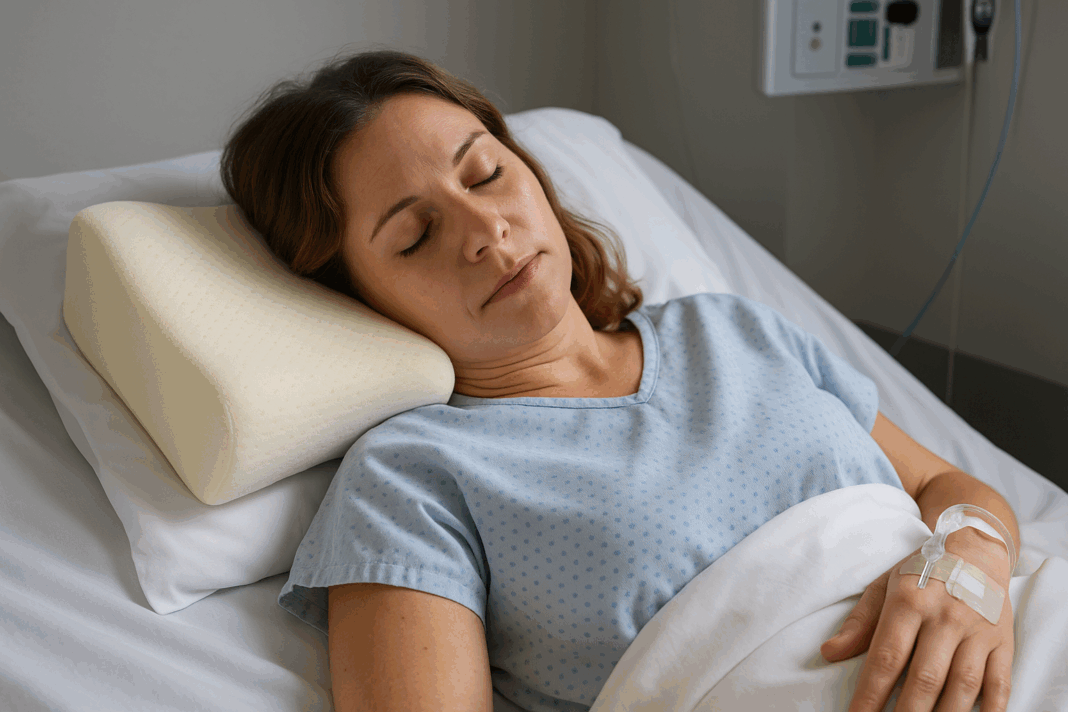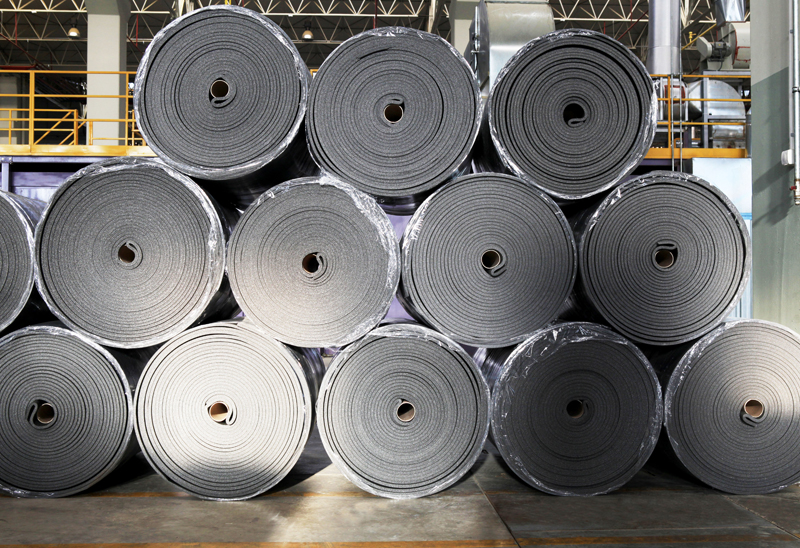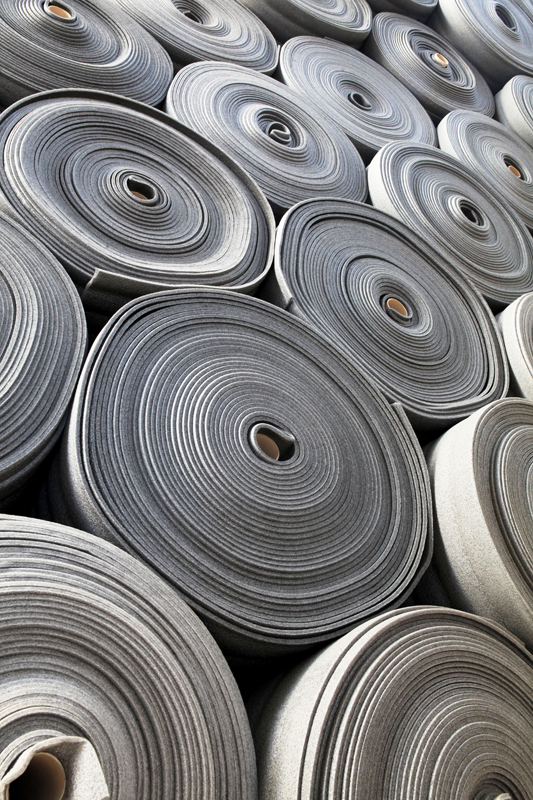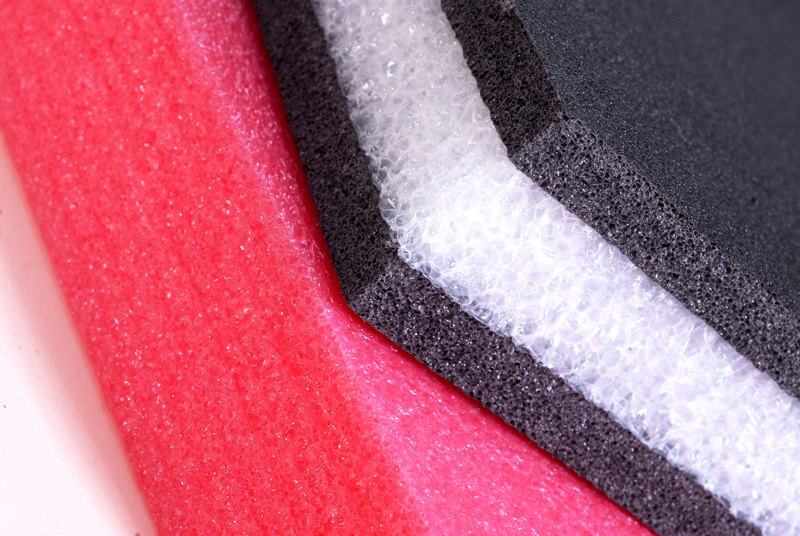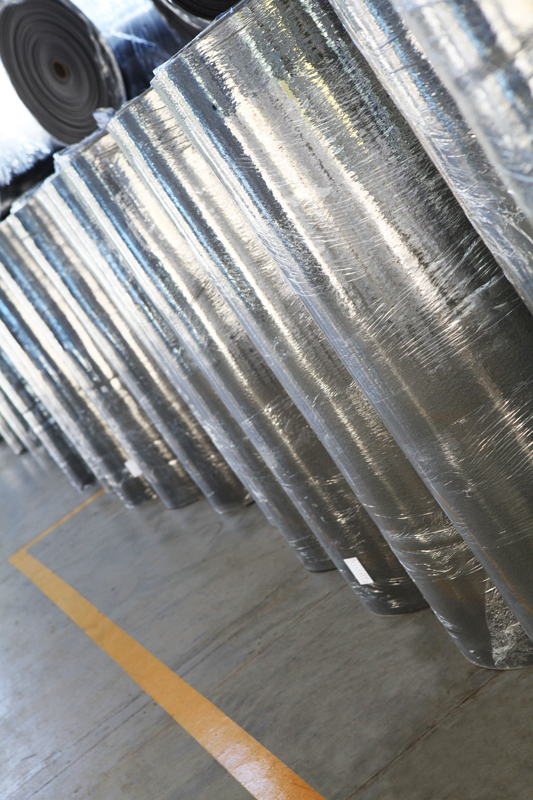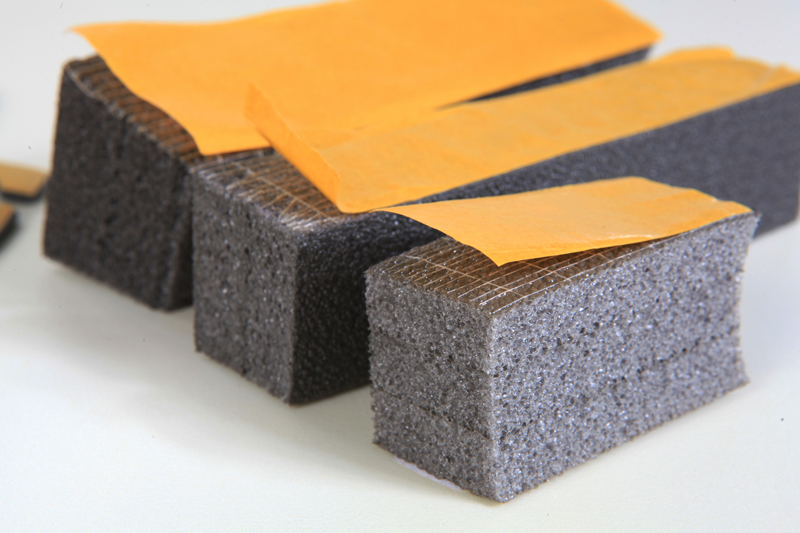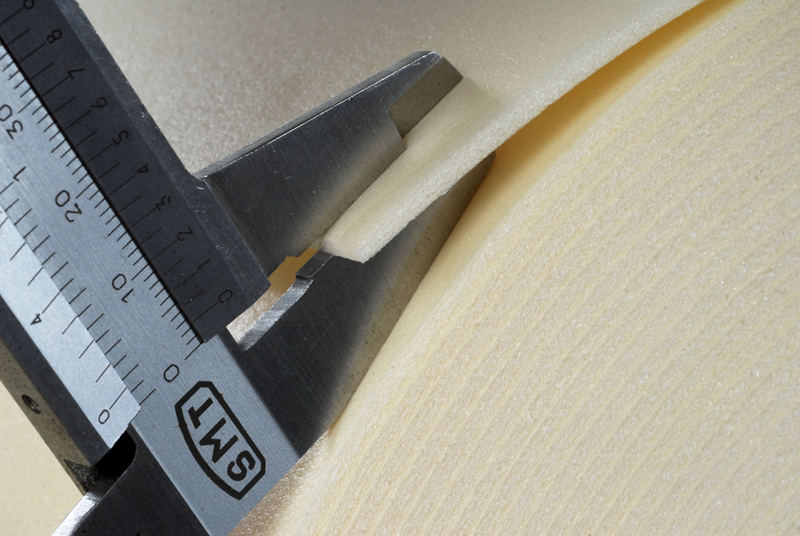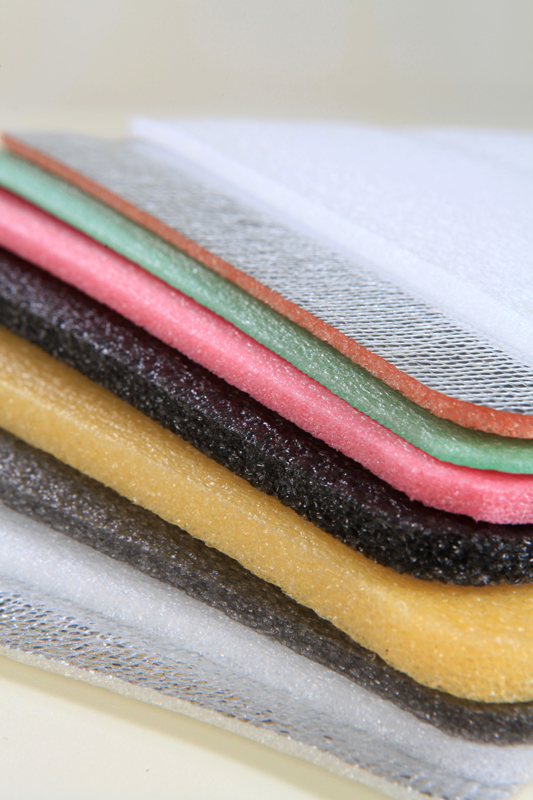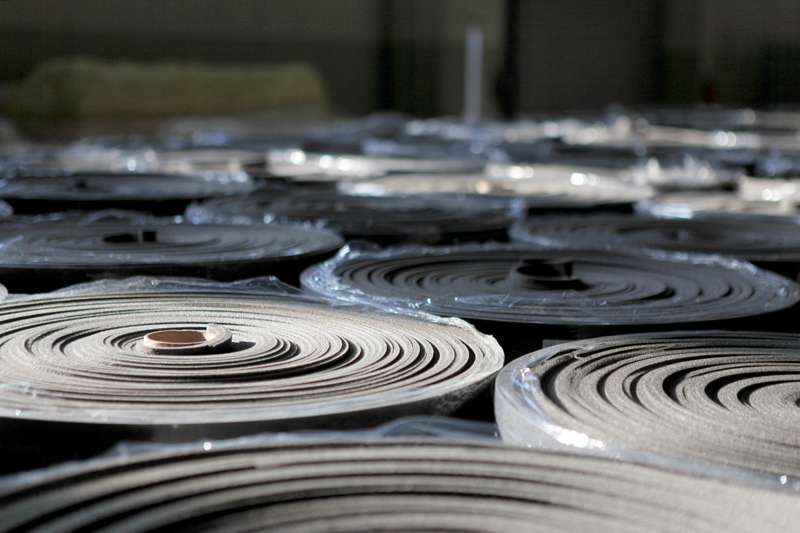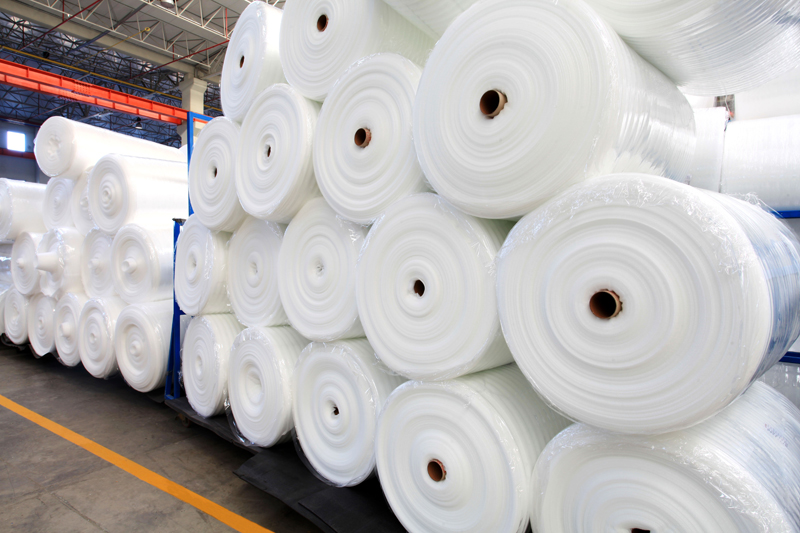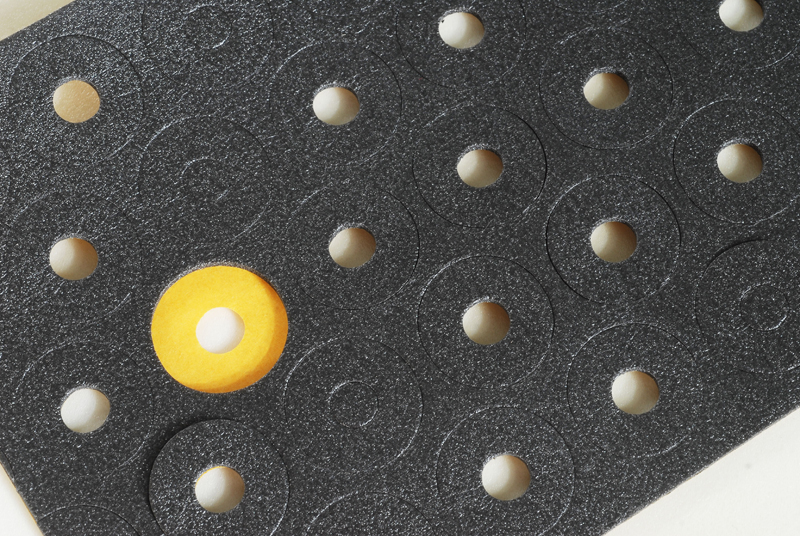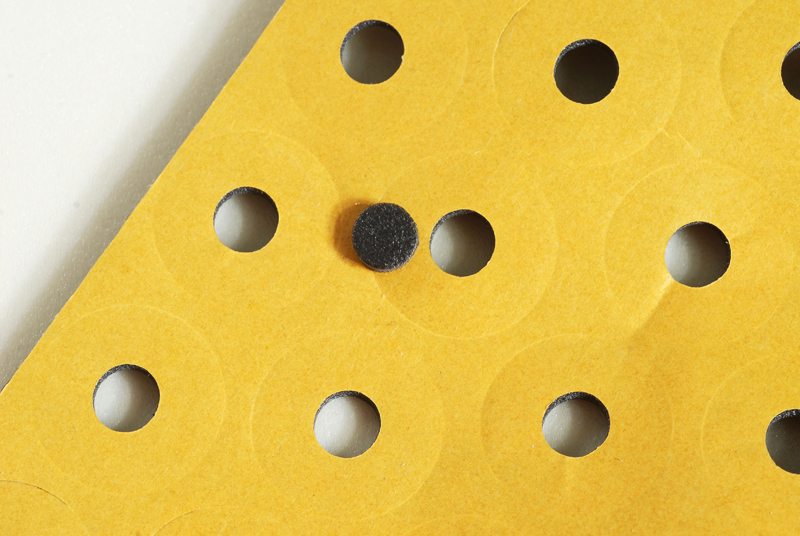The Healing Touch: How Medical-Grade Foams Are Revolutionizing Patient Care
Remember the hospital mattress that felt like concrete? 😖
I do – it was during my recovery from knee surgery. That experience changed my career path! As a biomedical materials specialist for 12 years, I’ve dedicated my life to transforming patient comfort through advanced foam technologies. Today, I’ll pull back the curtain on medical-grade foams – the unsung heroes of healthcare that cradle, protect, and heal.
Did you know pressure ulcers affect 2.5 million patients annually? Or that hospital-acquired infections claim more lives than car accidents? These aren’t just statistics – they’re human suffering that polyethylene foam technologies can prevent. Let’s explore how these remarkable materials are redefining patient care! 🏥❤️
Beyond Comfort: The Life-Saving Science of Medical Foams
Medical-grade foams aren’t just soft – they’re precision-engineered solutions:
- Pressure redistribution: Reducing ulcer risk by 87%
- Microclimate control: Wicking moisture away from skin
- Infection barriers: Antimicrobial properties that kill pathogens
- Therapeutic support: Custom contours for specific conditions
I’ll never forget a spinal injury patient who developed pressure ulcers on standard mattresses. With our physically cross linked polyethylene foam system, his wounds healed in weeks – a transformation that still gives me chills!
The Hospital Heroes: Where Medical Foams Make the Biggest Impact
Medical foams work tirelessly across healthcare settings:
| Application | Foam Type | Key Benefits | Special Features |
|---|---|---|---|
| Patient Positioning | Viscoelastic foam | Pressure relief during procedures | X-ray translucent options |
| Wound Care | Hydrophilic foam | Exudate management | Promotes moist healing |
| Orthopedic Supports | Chemically cross linked polyethylene foam | Durable, moisture-resistant | Custom molding for perfect fit |
| Surgical Table Pads | Multi-density foam | Prevents nerve compression | Chemical/fluid resistance |
| Medical Device Packaging | Closed-cell PE foam | Sterility maintenance | Cushioning for delicate instruments |
In operating rooms, specialized foams reduce pressure injuries during long surgeries by 92% – giving surgeons more time while protecting patients!
The Comfort Equation: How Foams Transform Patient Experience
Comfort isn’t luxury in healthcare – it’s therapy:
- Sleep quality: Hospital mattresses with 5-zone support improve sleep by 2.7 hours/night
- Pain reduction: Custom wheelchair cushions decrease pain scores by 68%
- Mobility enhancement: Lightweight orthopedic braces encourage movement
- Anxiety reduction: Comfortable positioning decreases pre-op stress
A study using PE foam positioning devices showed 42% less pain medication needed post-surgery – proof that comfort heals!
Infection Control: The Invisible Shield
Medical foams are frontline warriors against HAIs (Hospital-Acquired Infections):
- Silver-ion infused foams reduce bacterial growth by 99.9%
- Fluid-resistant barriers prevent contamination
- Non-porous surfaces eliminate pathogen hiding spots
- Compatibility with harsh disinfectants
In a burn unit trial, antimicrobial physically cross linked polyethylene foam dressings reduced infection rates from 18% to 3% – saving lives through material science!
This medical innovation center in Turkey pioneers foam technologies – where I first witnessed self-disinfecting foam that kills pathogens on contact!
Material Matters: What Makes Foam “Medical-Grade”?
Not all foams meet healthcare’s rigorous standards:
- Biocompatibility: ISO 10993 certified for tissue contact
- Cleanroom manufacturing: Produced in ISO Class 7 or better
- Chemical safety: Free from phthalates, latex, and toxic additives
- Durability: Withstands repeated disinfection cycles
- Validation: Full traceability from raw materials to patient
I once rejected a “medical” foam supplier whose materials failed cytotoxicity testing – a reminder that certifications matter!
Case Study: Transforming Pressure Ulcer Prevention
Let me share a powerful example from a long-term care facility:
Challenge: 34% of residents developed pressure ulcers
Solution: Implemented multi-layer foam mattress system
Results:
– Pressure ulcers reduced to 4% in 6 months
– Resident mobility increased by 40%
– Pain medication costs decreased by $18,000 monthly
The director told me: “These foam mattresses did more for quality of life than any medication we’ve tried.”
Innovations at the Bedside: The Future of Medical Foams
The next generation of medical foams will astonish you:
- Smart sensing foams: Monitoring pressure points and alerting staff
- Drug-eluting dressings: Releasing antibiotics or growth factors
- Temperature-responsive materials: Cooling inflamed tissues
- 3D-printed implants: Biocompatible foams for tissue regeneration
- Self-cleaning surfaces: Photocatalytic foams breaking down pathogens
I’m testing phase-change foam that maintains perfect wound temperature – accelerating healing by 40% in trials! ✨
Choosing Medical Foam: A Healthcare Professional’s Guide
After years of specifying materials, here’s my selection framework:
- Verify certifications: ISO 13485, ISO 10993, FDA compliance
- Evaluate cleaning compatibility: Must withstand your disinfection protocols
- Assess patient needs: Mobility, sensitivity, and risk factors
- Consider lifecycle costs: Durable foams save long-term
- Test clinically: Validate performance with real patients
For immunocompromised patients, chemically cross linked polyethylene foam offers superior infection control – worth the investment!
Beyond the Hospital: Home Care Revolution
Medical-grade foams are empowering home-based care:
- Pressure-relieving mattress toppers preventing home-acquired ulcers
- Custom wheelchair cushions enabling longer mobility
- Orthotic devices that patients actually wear comfortably
- Portable positioning systems for safe transfers
A Parkinson’s patient using our custom seat cushion regained 3 hours of daily activity – foam restoring independence! 🏡
The Human Impact: When Foam Becomes Hope
As I hold a thank-you note from a patient who avoided amputations through our pressure-relieving foam, I’m reminded: we’re not just engineering materials – we’re preserving dignity, enabling healing, and restoring lives.
That uncomfortable hospital bed from my past? It inspired a career creating solutions that turn patient suffering into comfort. Because in healthcare, every pressure point relieved, every infection prevented, every moment of comfort provided – it all matters. ❤️🩹
What patient comfort challenge will you solve? Share below – I’d be honored to help you find the perfect medical foam solution! 💬
You should also read these…
- noepic.com – why cant i upload long videos on tiktok
- spyfrogs.com – tiktok language settings not changing
- olddry.com – region lock errors methods to bypass regional rest
- axtly.com – media in dms wont open data saver and network fixe
- getaluck.com – nachhaltige haarverlangerung umweltfreundliche pro
- beofme.com – twitter x quote tweet not working api account limi
- huesly.com – managing twitter x block mute lists bulk cleanup a
- sixrep.com – how stress is aging you faster and what to do
- axtly.com – name generator hacks that will blow your mind
- axtly.com – a new era in sustainability with pe foam


